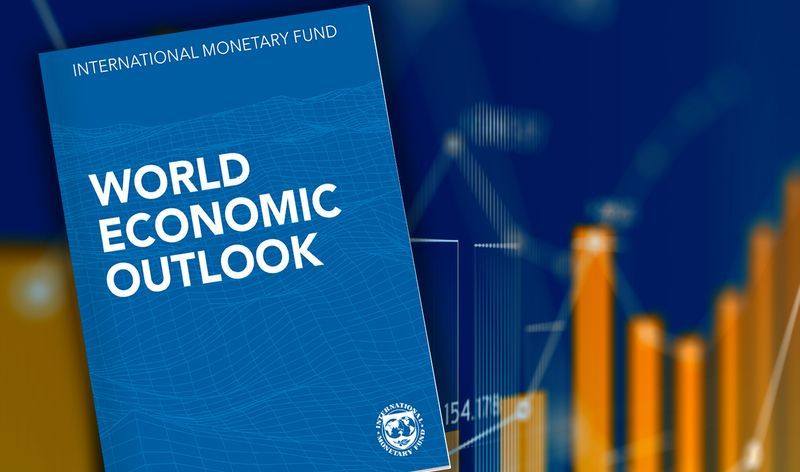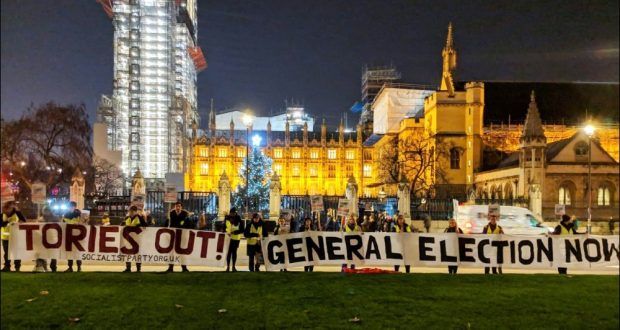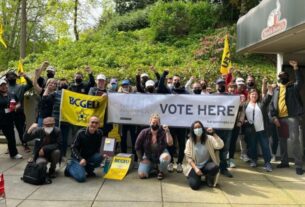The COVID-19 crisis has shown a remarkable ability to lay bare any issues, inadequacies, and lacks in our provincial health care system. In order to better understand exactly how the pandemic is straining our health care system and revealing its flaws, I talked to Blake, a health care worker, about how his job has changed since the outbreak, how the clinic where he words is responding, and how we can better fortify our health system for similar events in the future.
Where do you work, and what is your job there?
I work in a primary care clinic. My job includes coordination of the clinic, connecting with the community, and working with patients, many of whom are refugees and immigrants who don’t speak English, to help translate our health care system into a cultural context they understand.
How is your workplace responding to the pandemic?
Initially, we weren’t provided with clear guidelines, so we were mostly just going off of what we saw on the news. Once the federal and provincial governments started closing everything, our clinic was still running on our own plan. We didn’t get any PPE, as we ordered some but never received it, so we had to use donated materials to protect ourselves. So far, our response has been guided by our commitment to our patients, and not the government response, which has been really disorganized.
How has your workplace changed since the pandemic began?
Right now, everyone is working from home, but the doctors and medical assistants go into the clinic when necessary. Appointments have been happening over the phone, but now we have a health-specific teleconferencing option, which was selected because of the need to protect patient confidentiality.
What was your opinion of the B.C. health care system before the pandemic, and has it changed? If so, how?
Before the pandemic, the primary health care system was focused primarily on the physicians, but not on the community health needs. Our health care system is extremely individualized, so our clinic is trying to create a more community-focused health system. For example, in many parts of Metro Vancouver there are populations of new Canadians who have trouble navigating the health care system. During the COVID-19 crisis, many clinics don’t have language services for non-native speakers, and this is a huge barrier to care.
Has your job been negatively affected by the government response? If so, how?
My job hasn’t changed too much, because we received a grant from another organization, which has allowed us to increase the hours of the team. This grant has allowed us to operate pretty normally, but without that money, we would have had to cut hours, which would make it difficult to see all patients and analyze their risk factors. In lieu of government support, this grant has allowed us to do some COVID-19 risk analysis, and our clinic hasn’t been overwhelmed either.
How are you and your co-workers coping with the added strain?
Initially, many team members were overwhelmed, so we worked together to develop better internal support systems. We haven’t had any government follow-up about our COVID-19 protocols regarding specific things like self-isolation, patient tracking or treatment, so we needed to get this in order internally. Personally, I had friends and family in other countries who were sick and even hospitalized with coronavirus, so these were difficult times, but I would say personally and as a clinic, we have generally adapted well.
How could your workplace be better prepared for a similar event in the future?
We need to change from our funding being based on physician performance to funding by some other, more community-based method. The Ministry of Health has special health centres for specific populations, and these get support from the government. Through a different model for funding, our clinic would be better able to react, by having the necessary human resources to get an understanding of what’s going on in the community and structuring our response based on these needs.
What’s something you would like the public to know about your work during the pandemic?
Primary health care is the cornerstone of our health care system. Many health problems are related to the social determinants of health, such as poverty or labour conditions including a lack of sick days, which forces people to go to work even if they’re sick. Vulnerable communities need special attention for health, housing, labour conditions, transit, and other problems like violence against women, or structural violence against low income or youth groups. Since our health models are so physician-focused, there is no connection between health, education, and other social systems. We need meetings with municipalities to be able to conduct social diagnoses, through methods like surveys, in order to build community connections and healthy communities.
Are there any ways that people can support health care workers in BC that you’d like to share?
We need to support the idea that everyone can and should be part of a trade union. It’s one of our rights, and how we can flex our power, and it also shows solidarity between workers of all kinds. This crisis has shown that essential, frontline workers aren’t receiving just wages for the value they provide, because our health care system is more and more concentrated on doctors and straying away from overall health and healing. We don’t have enough preventative health care or political awareness about the need for a strong public health system. Strong union support can prevent issues like health care privatization efforts or occupational health hazards from further damaging our system.
Could you sum up the impact that the pandemic is having on your personal and work life?
Working from home is affecting my physical and mental health. Living in a tiny home like I do, my job becomes everything, and it is difficult to manage the stress and overload of my work. After a month of the state of emergency, I am feeling what isolation means and I really miss sharing physical space with my co-workers and community.
I ask myself, who is taking care of the people who take care of society? Many of us live in precarious conditions, without the savings to face unemployment or sickness, or to help relatives or friends. This crisis has revealed how powerful the community is, and how solidarity has given us the power to face and deal with COVID-19.
In the coming months and years, I would like to see working people not having to beg for “exceptional” benefits, but instead receiving all the rights we have fought for, in order to live healthy and happy lives. Workers are struggling between the sword and the wall.
For instance, grocery store employees have to work harder than ever, but without incentives, and burdened by the huge risk of carrying the virus to their often tiny and/or overcrowded homes and families. All while companies are making profits off of their sacrifice. Some workers are not fully aware of all the risks, but they know that bills are accumulating and are worried about the future.




